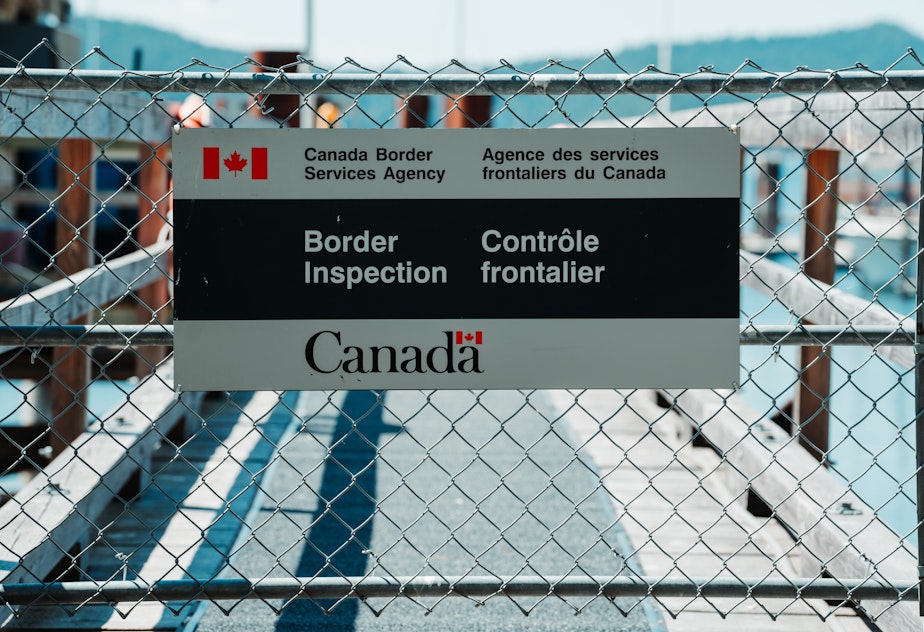Is Canada about to ease requirements for crossing the border?

How have 2.5 years of changing restrictions and a widely criticized Canadian entry app disrupted businesses and residents living along the border?
The last few years at the U.S.-Canada border have been confusing. At first, the border was essentially closed because of the pandemic. Then travelers needed a negative Covid-19 test to enter.
Later, just proof of vaccination was enough to cross, along with filling out a form through ArriveCan, a mandatory data tracking app that's caused even more controversy and headaches for travelers.
According to the Associated Press, there will be some sense of pre-pandemic border policy returning. The AP reports ArriveCan will become optional and the vaccine mandate will end on Sept. 30. Both requirements are a part of the Minimizing the Risk of Exposure to Covid-19 in Canada Order.
But a representative from the Public Health Agency of Canada said that there has been no decision made with respect to the order, which is set to expire at the end of September.
ArriveCan has been blamed for fewer crossings by business owners along the border, border town mayors, and even a member of the U.S. House of Representatives.
Sponsored
"We have a what we call ArriveCan corner here at the terminal," says the vice president of marketing at FRS Clipper, Scott Meis, "where we literally help provide IT tech support to get that app filled out."
FRS Clipper runs a passenger ferry service between Victoria, B.C., and Seattle. Meis says that, while passenger numbers were up this summer, those numbers are still below pre-pandemic levels. For the Clipper, the additional requirement of filling out ArriveCan when entering Canada has required extra staffing and has caused confusion among passengers.
"ArriveCan has actually been our biggest barrier to a seamless guest experience," Meis said. "And the challenge has come both from Canadians not even knowing that they needed to have it to return to Canada, and certainly out-of-towners coming in and not having any idea that that was a requirement. And it's not that the app was overly complex, but for us it was extra overhead."
Overall, travel has been down between the U.S. and Canada when compared to 2019 and early 2020 numbers. This doesn't just affect businesses along the border, but also the ease of access that created a shared sense of place, says Laurie Trautman, director of the Border Policy Institute at Western Washington University.
"I think having good relations with our Canadian neighbors and our Canadian government and our Canadian friends is a real strength for our region," Trautman said, "because we do have many things in common between especially Western Washington and western British Columbia."
Sponsored
Trautman spoke with Soundside about the impact of fewer border crossings between U.S. and Canada and how that affects the region's sense of identity.





